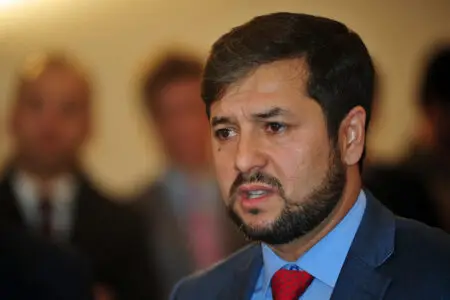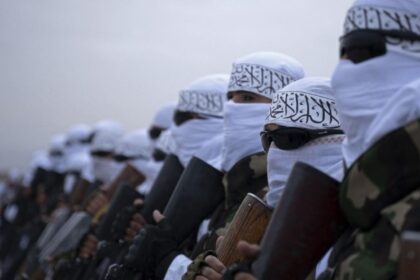RASC News Agency: Nasir Ahmad Andisha, Afghanistan’s Permanent Representative to the United Nations, has asserted that the Taliban lack both the capacity and the authority to retaliate against Pakistan for its recent airstrikes in Paktika province. Speaking in Geneva, Andisha described Islamabad’s actions as an example of “coercive diplomacy,” reflecting Pakistan’s evolving approach toward the Taliban. He emphasized that the Taliban, despite their rhetoric, are incapable of launching a meaningful response. On Tuesday, December 24, Pakistani forces conducted targeted airstrikes in Barmal district, Paktika, reportedly aimed at “Tehrik-i-Taliban Pakistan (TTP) bases.” While the Taliban confirmed the attack and issued threats of retaliation, many analysts argue that such responses are mere posturing.
Pakistani media reported that the airstrikes destroyed four key TTP operational centers and resulted in multiple militant casualties. Pakistan’s government justified the strikes as necessary to neutralize imminent threats posed by TTP elements operating from Afghanistan territory. In reaction, the Taliban’s Ministry of Defense declared that defending Afghanistan’s territorial sovereignty is a “fundamental right” and vowed to respond. The ministry claimed that the primary targets of the strikes were “Waziristani refugees,” further complicating the humanitarian situation in the region.
However, critics have pointed out that the Taliban lack the military strength and strategic depth to confront Pakistan, a nation with superior capabilities. Andisha, in a post on X (formerly Twitter), highlighted the timing of the airstrikes, coinciding with the first visit of Pakistan’s newly appointed special envoy to Kabul. He referred to this as a deliberate act of “coercive diplomacy” aimed at asserting dominance over the Taliban. He further suggested that the airstrikes might also serve as a message to Kandahar in the wake of the recent assassination of Khalil Haqqani, the Taliban’s Minister of Refugees.
Social media commentators echoed Andisha’s sentiments, accusing the Taliban of being more focused on imposing draconian restrictions on Afghanistani citizens than on addressing external aggressions. Many users criticized the group for prioritizing internal oppression over safeguarding national sovereignty, underscoring the limitations of their governance and military capabilities.






